On the afternoon of December 5, the 21st session of the Provincial People's Council, term XIX, 2021-2026 continued its working program. Attending the meeting were comrades: Le Thi Thuy, member of the Party Central Committee, Secretary of the Provincial Party Committee, Chairwoman of the Provincial People's Council; Dinh Thi Lua, Standing Deputy Secretary of the Provincial Party Committee; Truong Quoc Huy, Deputy Secretary of the Provincial Party Committee, Chairman of the Provincial People's Committee, Head of the Provincial National Assembly Delegation; members of the Provincial Party Standing Committee; Standing members of the Provincial People's Council, leaders of the Provincial People's Committee; members of the Provincial Party Executive Committee; Standing members of the Provincial Fatherland Front Committee; leaders of departments, branches, sectors, and organizations of the province; districts, towns, and cities, and delegates of the Provincial People's Council, term XIX.
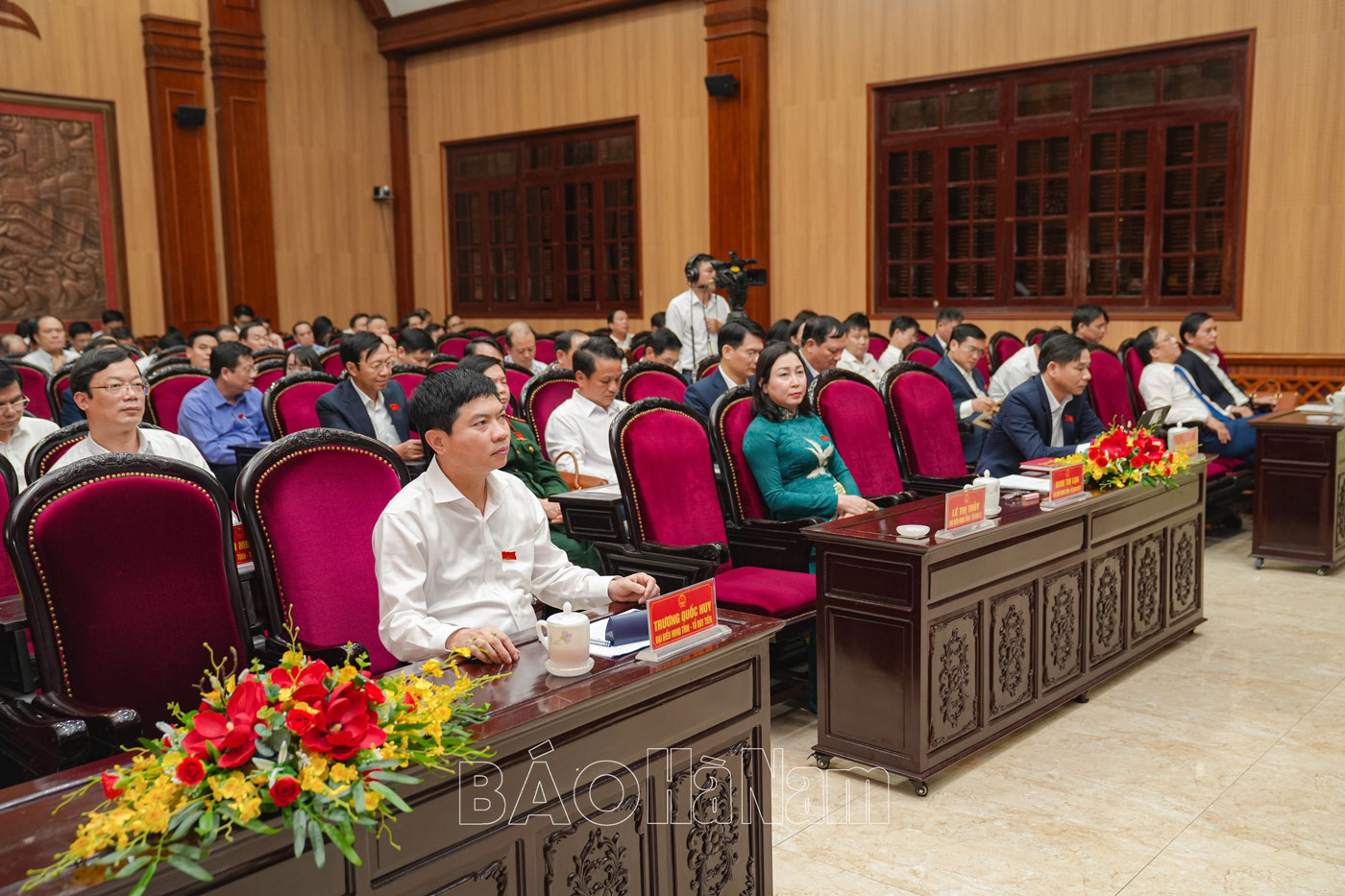
At the meeting, the Director of the Department of Natural Resources and Environment continued to answer voters' opinions via the meeting's hotline regarding the issuance of Land Use Right Certificates (LURCs).
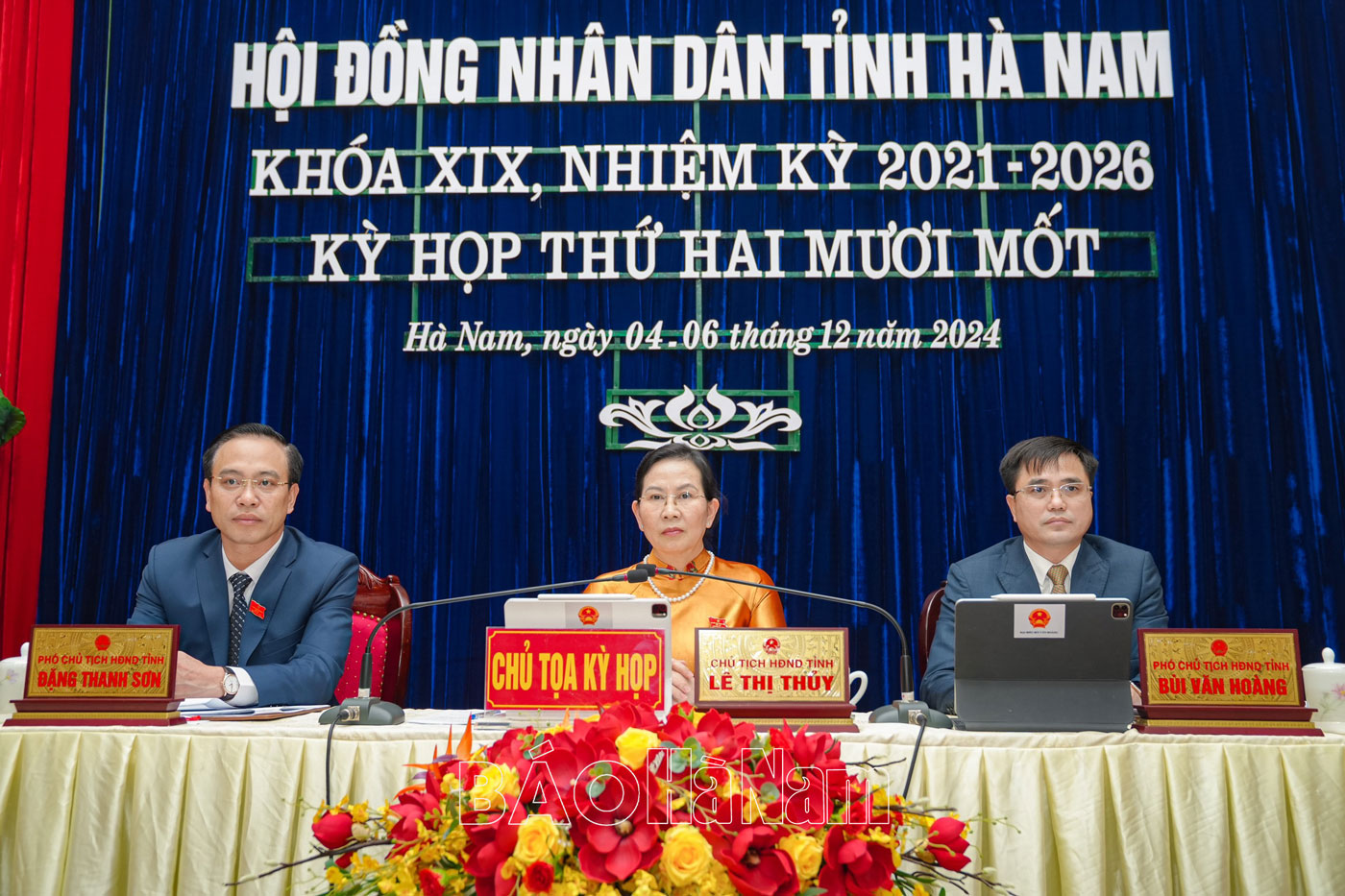
Next, Director of the Department of Agriculture and Rural Development (DARD) Pham Hong Son answered voters' opinions and recommendations and questions from provincial People's Council delegates. The issues proposed and questioned mainly focused on: inspection and examination of agricultural material dealers across the province to avoid the situation of pesticides and seedlings that do not ensure quality, affecting agricultural production efficiency; adjusting the mechanism of supporting rat poison for agricultural service cooperatives to prevent rats in a synchronous and effective manner (the mechanism according to Resolution 03/2022/NQ-HDND of the Provincial People's Council is to directly support farmers); policy mechanisms, support for rice, crops, and winter crops damaged by heavy rain and storm No. 3 so that people have conditions to reproduce; investment in upgrading and renovating to prevent overflow of dykes and residential areas outside the dykes of the Red River, Chau Giang River, Duy Tien River, and Nhue River; Survey to upgrade Chi Tay Nhue River pumping station, located at the head of A34 canal flowing into Nhue River (the pumping station was invested and built by the People's Committee and the Commune's Agricultural Service Cooperative since 1982, but has now been degraded and cannot meet the pumping needs of wastewater from Kim Binh Industrial Park and agricultural production for the people); invest in dredging and repairing the canals: S18, S16; TH2; D21; D12 which have been eroded and silted, causing difficulties in irrigation and flood and storm prevention; propose a policy to support funding to upgrade and renovate the internal irrigation system of Trung Hieu Thuong and Trung Hieu Ha villages due to the impact of the recent storm No. 3, causing great damage to people's property, livestock, and crops...
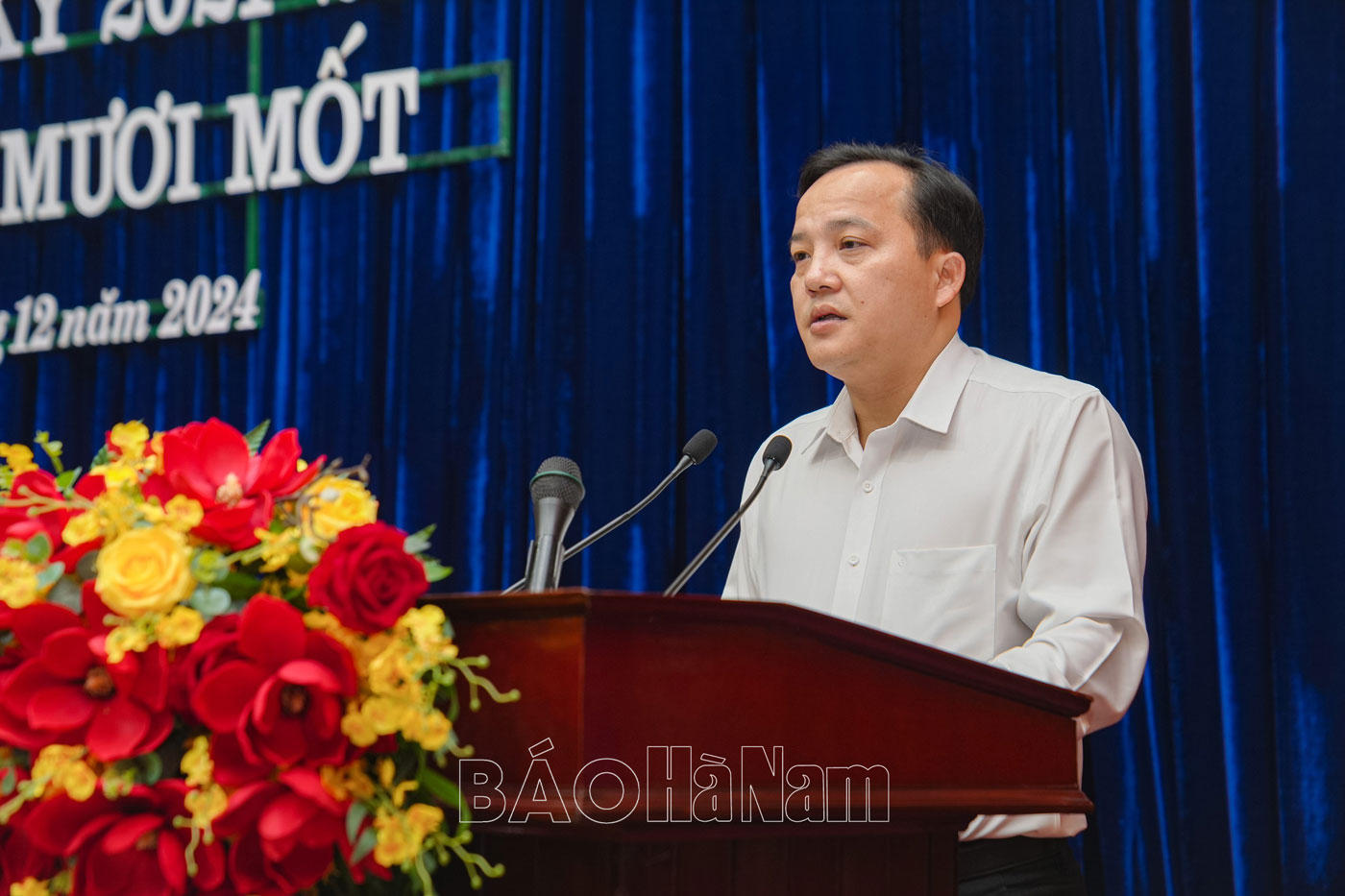
Regarding state management of concentrated livestock areas, delegate Dinh Van An, Ly Nhan Group stated: In the program broadcast with the column "Green Future" on VTV1 Channel of Vietnam Television on the morning of Saturday (November 2, 2024), there was a reflection on the situation of concentrated livestock areas in Hung Cong and Boi Cau communes, Binh Luc district (bordering Nhan Chinh commune, Ly Nhan district) discharging waste directly into the Chau Giang river environment, causing environmental pollution with unpleasant odors, seriously affecting the lives, activities and health of people in the area. Not only that, it also affects the input water source to produce clean water for people in this area, so people cannot use it for drinking and eating but can only use it for normal cleaning, affecting the rights of consumers when spending money to buy clean water. This situation has been going on for a long time and has not been addressed by functional sectors and local authorities. With the assigned role and function of state management, I would like to request the Director of the Department of Agriculture and Rural Development to inform us of the responsibilities and solutions to handle and drastically and thoroughly overcome the direct discharge of waste into the environment from pig farms not only in Hung Cong commune but also in other areas in the coming time?
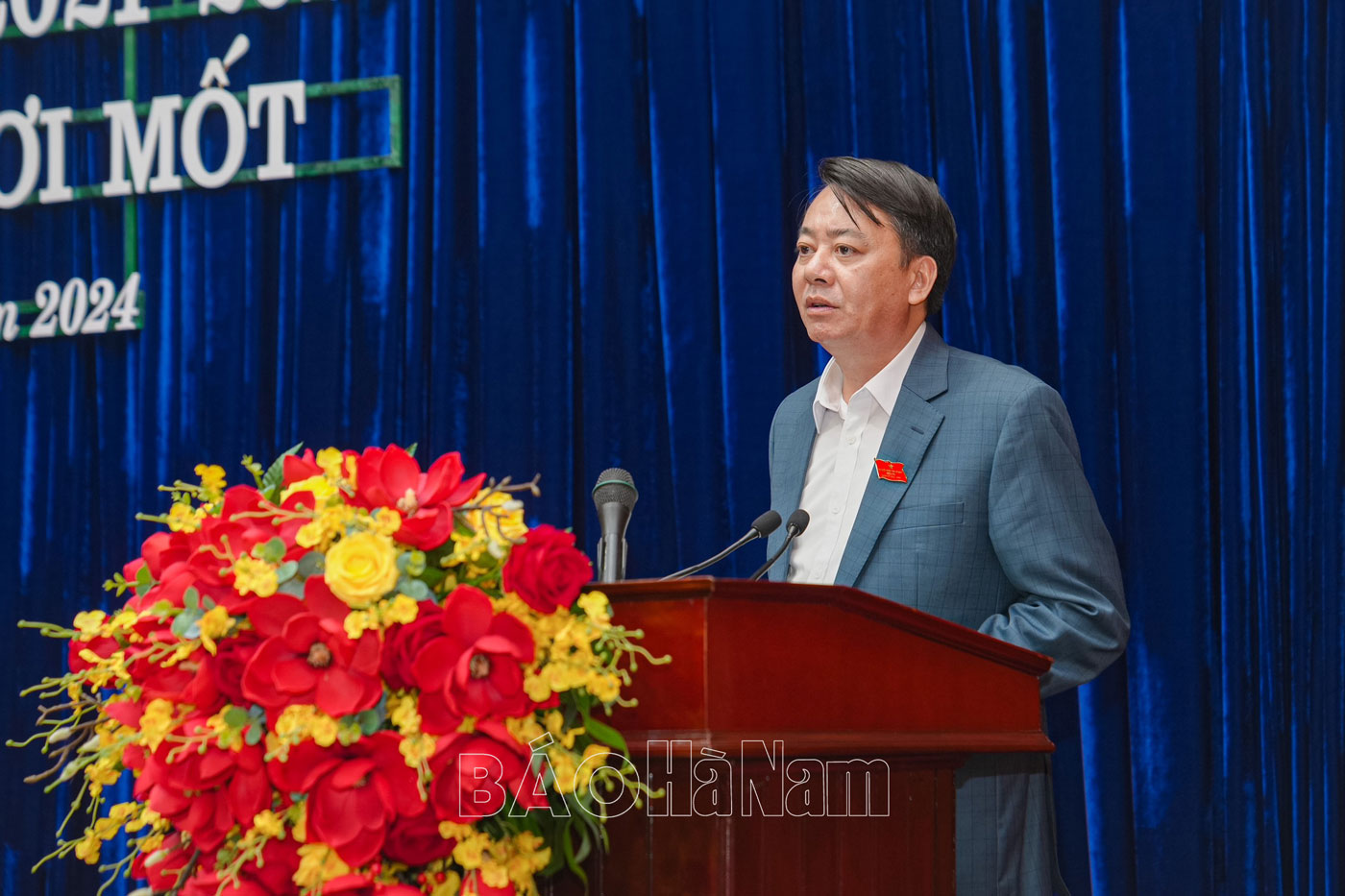
Director of the Department of Agriculture and Rural Development Pham Hong Son said: Currently, there are about 1,600 livestock farms in the province, including 750 pig farms; 600 poultry farms; 250 large cattle farms. The waste discharge causing the most environmental pollution is in pig farms. Of the 750 pig farms, 14 large-scale farms (raising over 1,500 pigs) have approved environmental records; located in concentrated livestock areas, with waste treatment systems that ensure compliance with regulations. Some large farms have invested in manure press systems, biogas digester systems, and microbiological wastewater treatment systems that ensure compliance with environmental regulations.
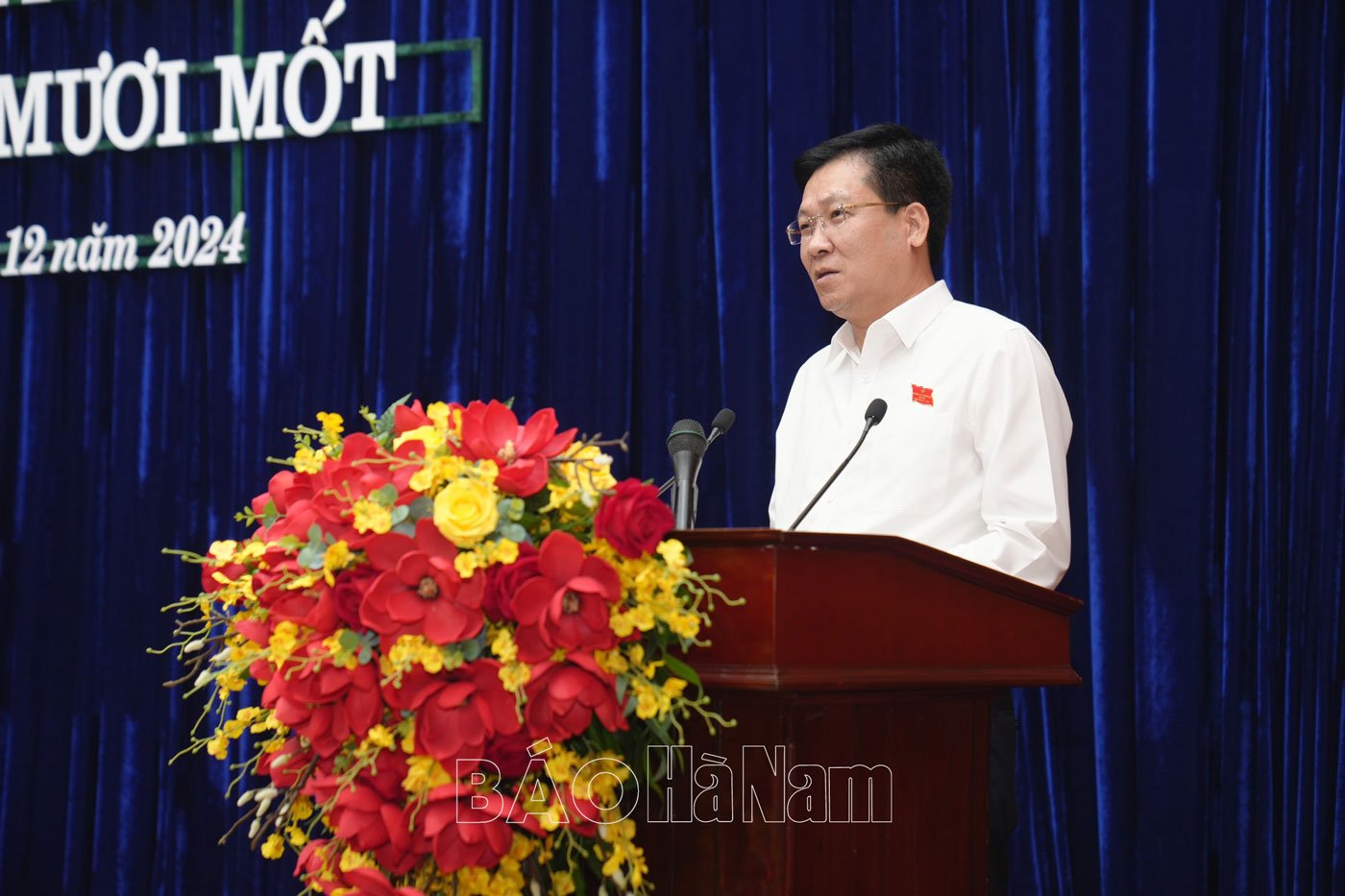
However, most of the small and medium-sized livestock farms were established before 2020 (before the Law on Livestock came into effect), located in residential areas; most of them have biogas tanks, biological ponds, use biological bedding... but the livestock density is high, the volume is not guaranteed, so there is still a situation of waste discharge causing environmental pollution. The Department of Agriculture and Rural Development has regularly disseminated, disseminated, and guided legal regulations, processes, and new livestock waste treatment technologies; biosafety livestock farming measures; built circular livestock farming models, reused waste to produce fertilizers; supported waste treatment models in household livestock farming...
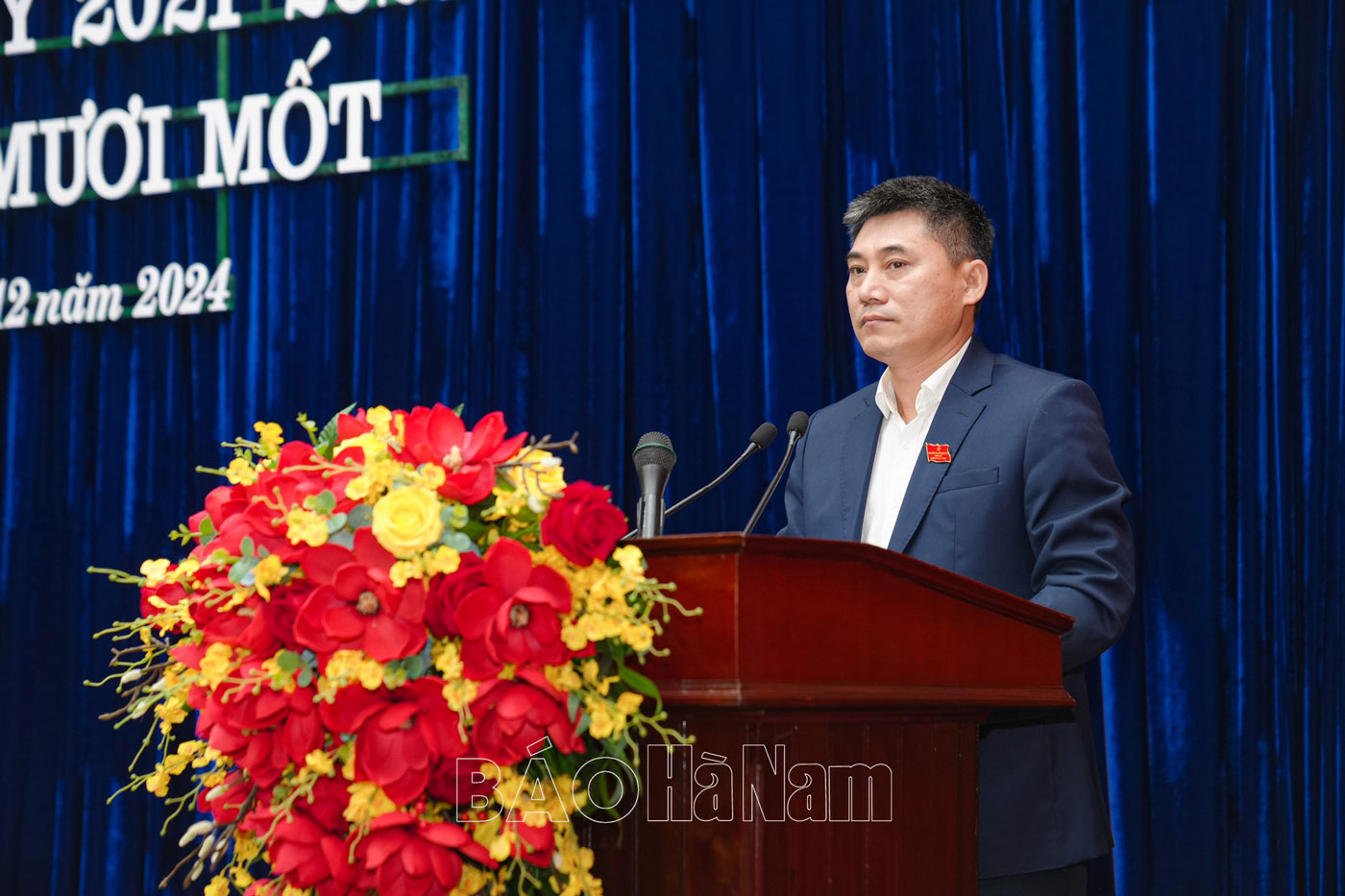
Currently, the Department is actively coordinating to disseminate and popularize the Handbook on waste treatment measures in pig farming issued by the Ministry of Agriculture and Rural Development in October 2024 with many new, effective and feasible solutions. Strengthening the inspection of the implementation of regulations on livestock farming and environmental protection; inspecting and evaluating the issuance of Certificates of conditions for large-scale farms upon request of the facility owner and inspecting the conditions of small and medium-sized farms, every 3 years. During the inspection process, combined with guidance and dissemination of environmental treatment measures; requesting facilities to supplement remedial measures; administrative sanctions according to the provisions of law...
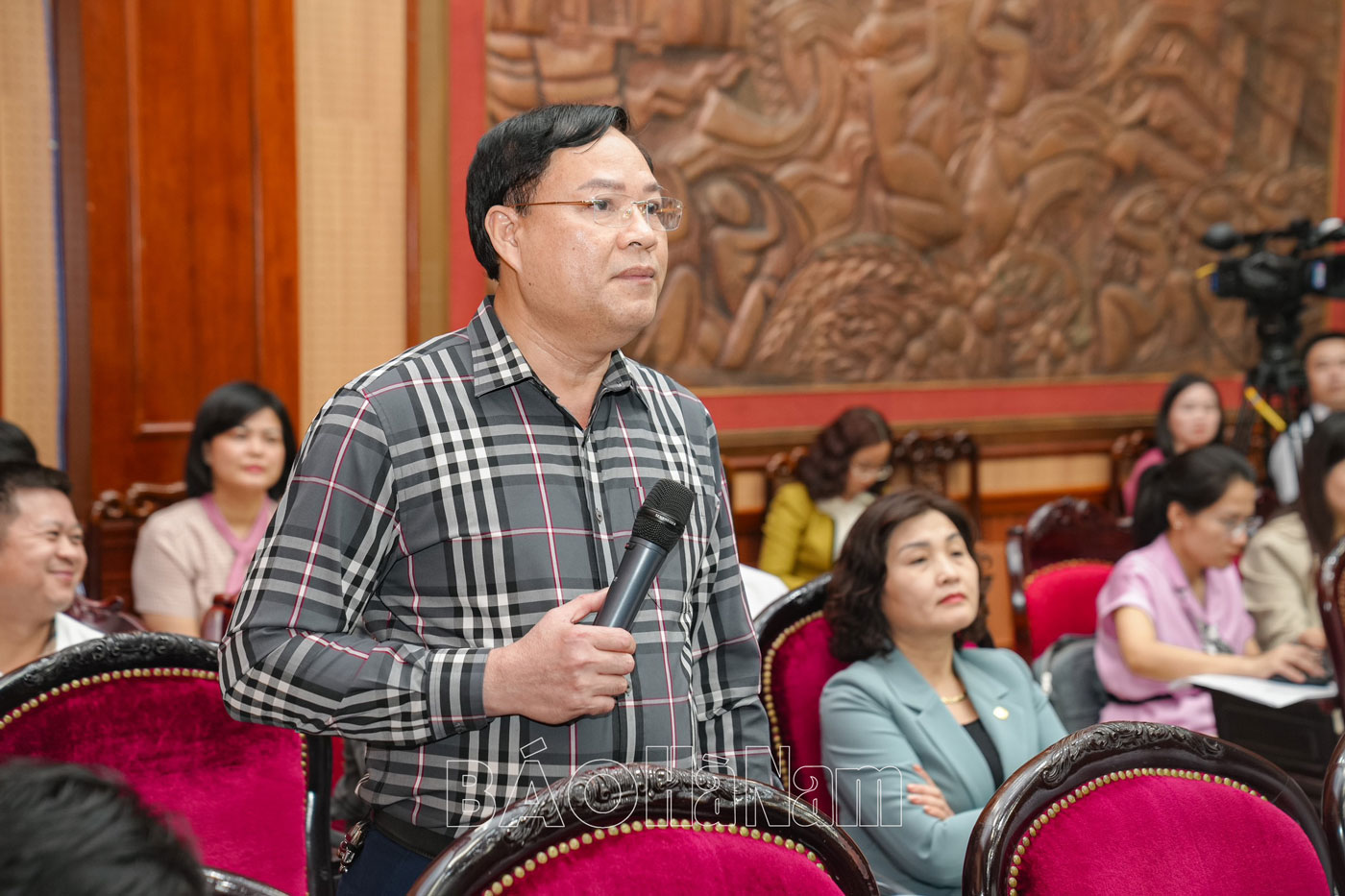
To strictly manage the source of waste discharge from livestock farms into the environment, the Department of Agriculture and Rural Development requests the Department of Natural Resources and Environment to strengthen inspection and examination of compliance with environmental protection laws in livestock farming activities; inform and coordinate with the Department of Agriculture and Rural Development in the process of inspection, examination and handling of violations. Inspect and review, request livestock farms subject to environmental licenses to strictly implement environmental protection regulations according to the provisions of law and inspect and maintain conditions after being licensed; request the People's Committees of districts, towns and cities to direct specialized agencies and commune-level People's Committees to propagate and mobilize livestock farmers to actively apply environmental treatment measures...
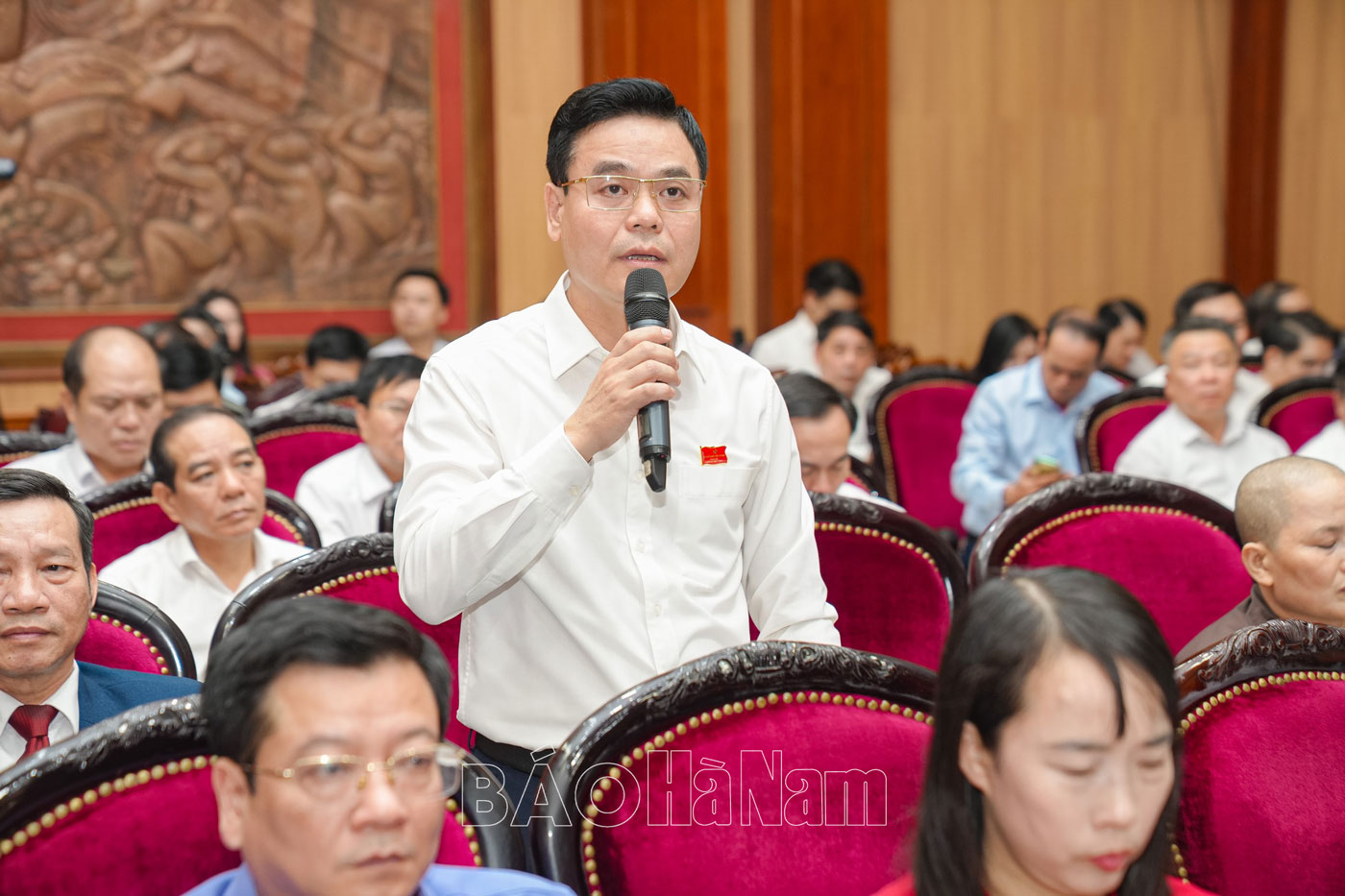
Also in the afternoon meeting, leaders of the Department of Planning and Investment and the Department of Education and Training responded to voters' opinions and recommendations and questions from provincial People's Council delegates on the following contents: Speeding up the progress of the investment project to build a Trade Center in the Nam Tran Hung Dao urban area according to the approved plan; considering that in addition to the support policy for building new and renovating cultural houses in merged villages and residential groups, support should also be given to building new and renovating cultural houses in villages and residential groups that are not merged because they are currently degraded.
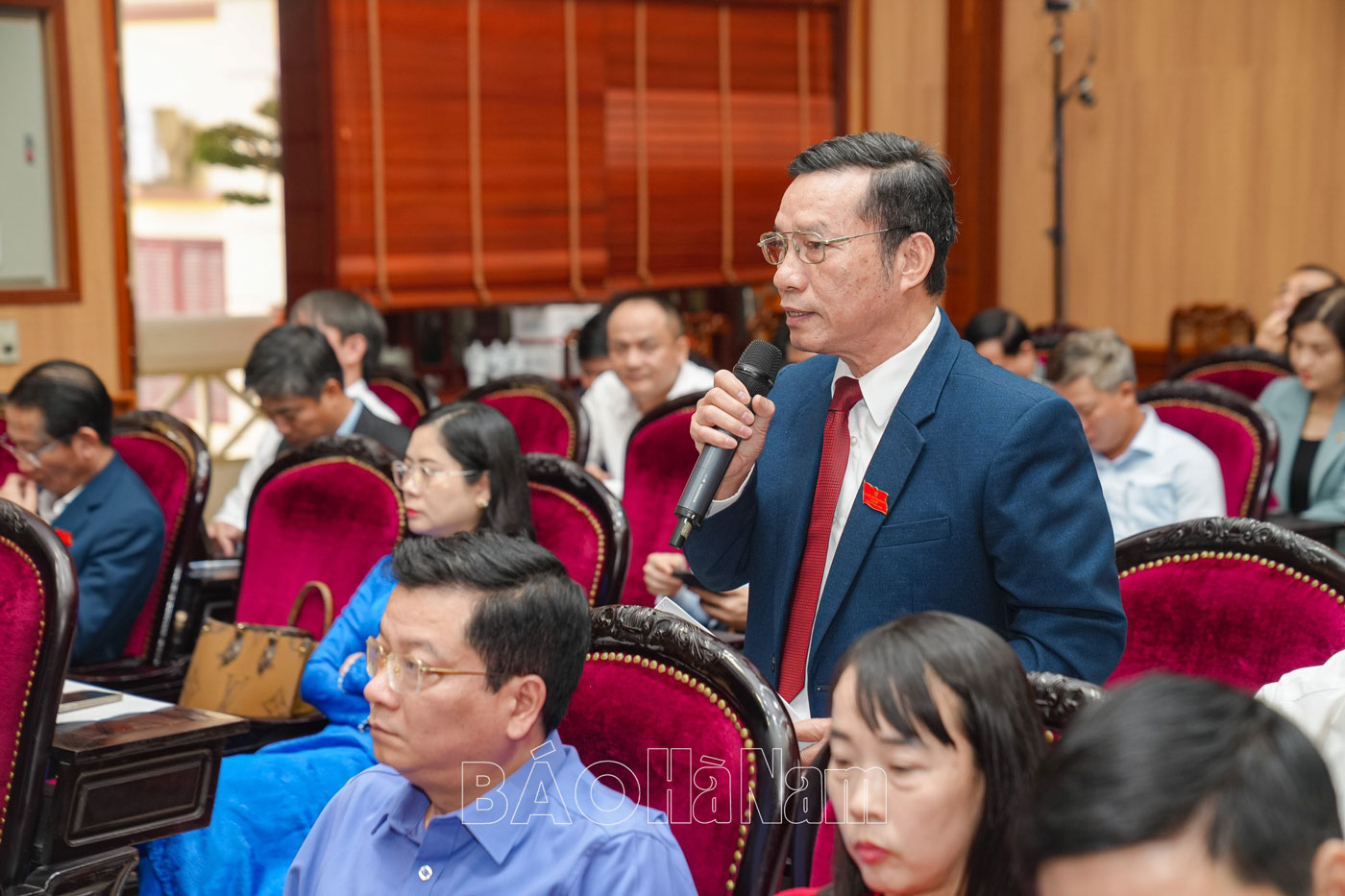
Regarding the work of advising on the implementation of Resolution No. 03/2020/NQ-HDND dated March 25, 2020 on the policy of promulgating regulations on policies to support investment, upgrading, completing infrastructure and constructing wastewater collection and treatment works in industrial clusters in Ha Nam province; difficulties in collecting support services in junior high schools; investment in equipment for the 2018 General Education Program for high schools in the province...
Thu Thao
Source: https://baohanam.com.vn/chinh-tri/nguoi-dai-bieu-nhan-dan/ahdnd-tinh-tiep-tuc-phien-chat-van-tra-loi-y-kien-cu-tri-tai-hoi-truong-140980.html


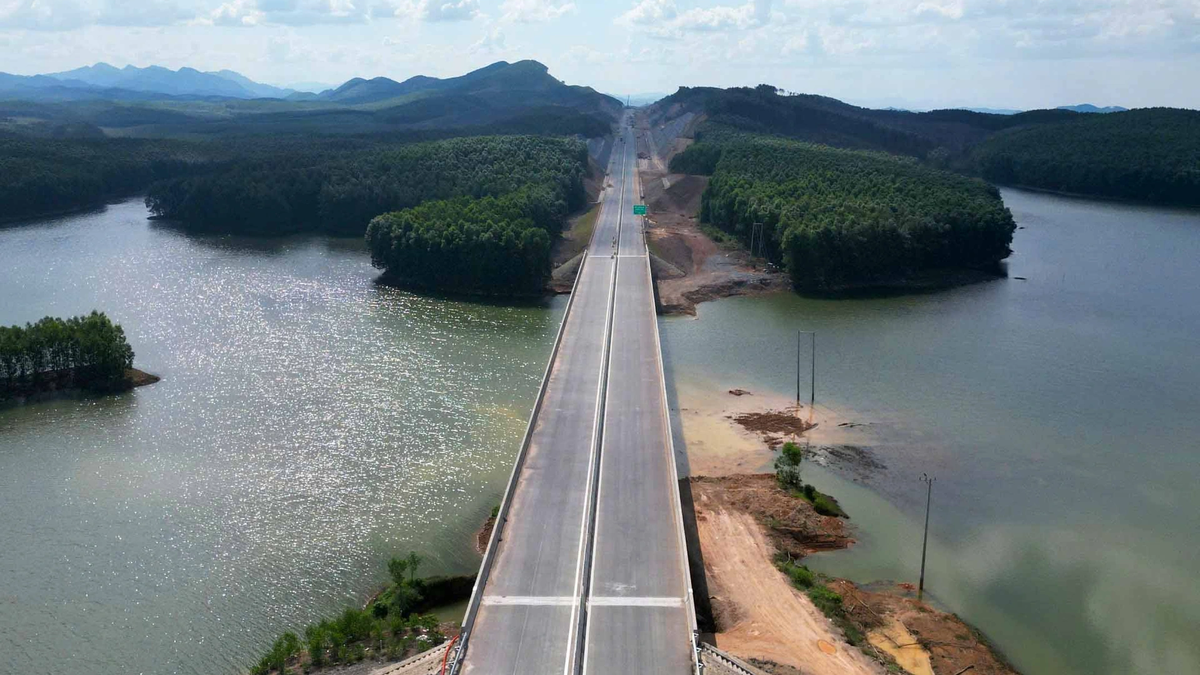


![[Photo] General Secretary To Lam receives Australian Ambassador to Vietnam Gillian Bird](https://vphoto.vietnam.vn/thumb/1200x675/vietnam/resource/IMAGE/2025/6/26/ce86495a92b4465181604bfb79f257de)
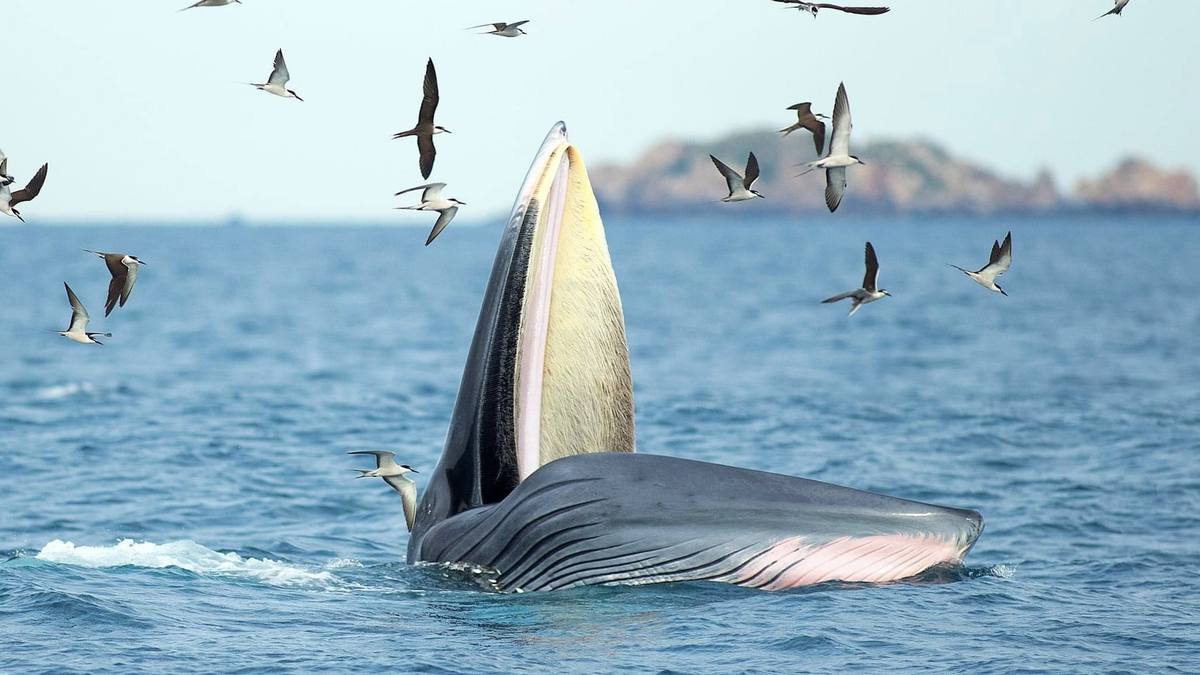

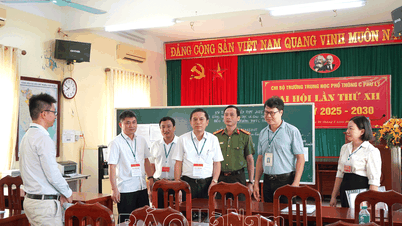

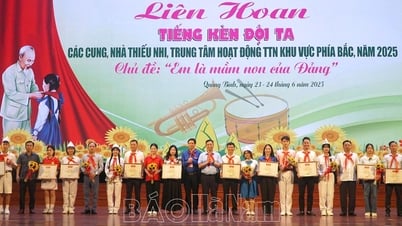
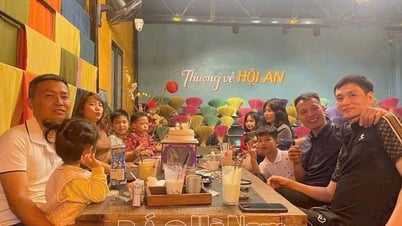
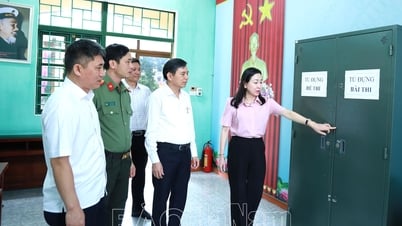
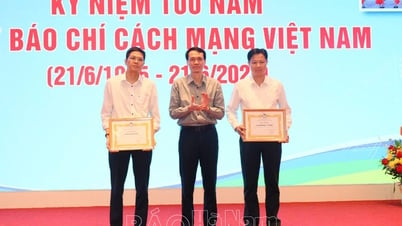
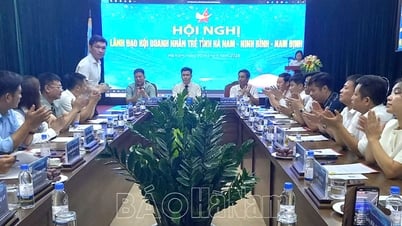




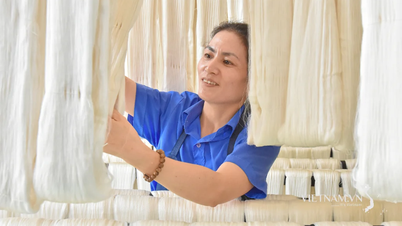
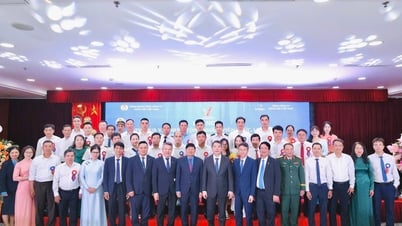
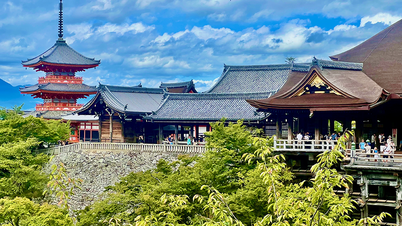
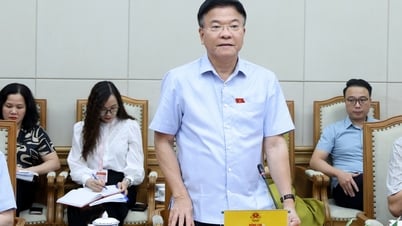
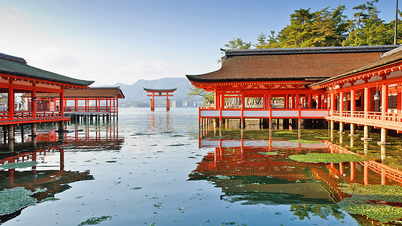

![[Photo] Candidates take the first graduation exam with the new Literature topic](https://vphoto.vietnam.vn/thumb/1200x675/vietnam/resource/IMAGE/2025/6/26/dfded9e317554c25a3e26defe672ebb7)



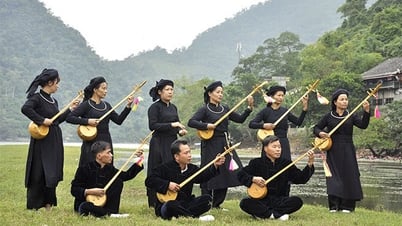

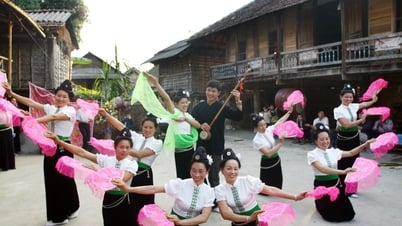

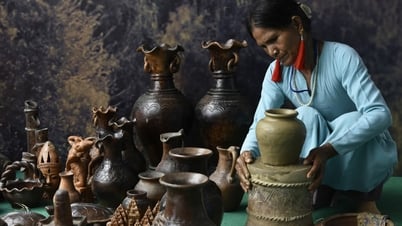

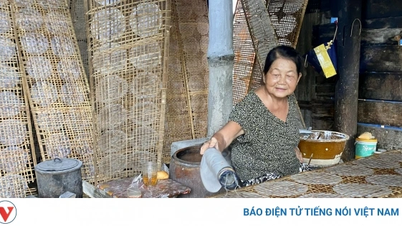

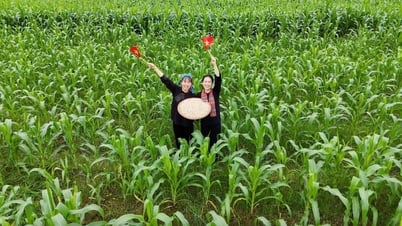

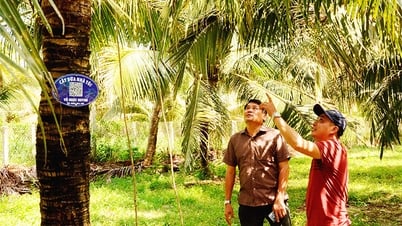



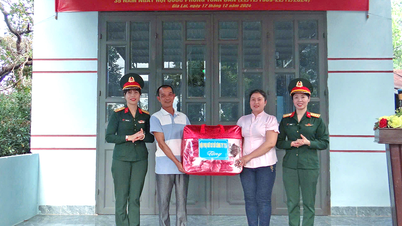
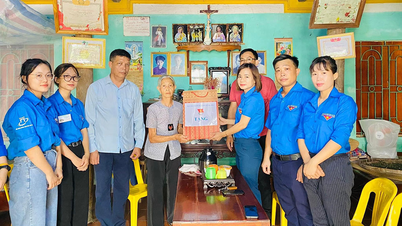
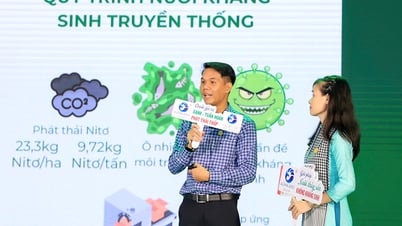

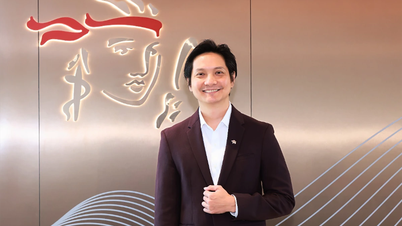



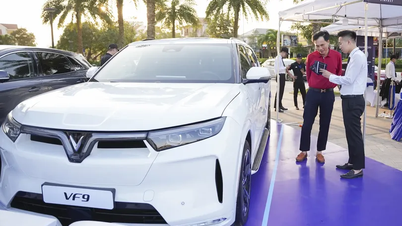



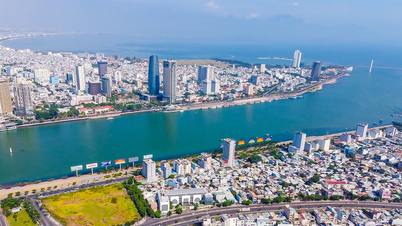


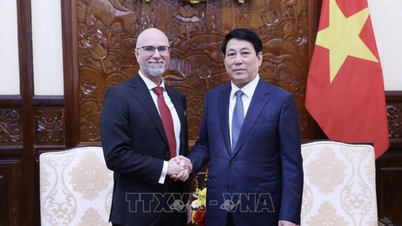
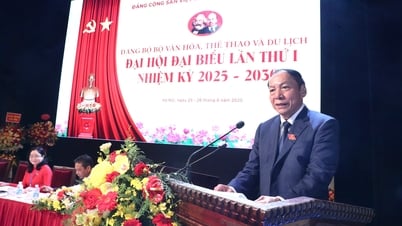

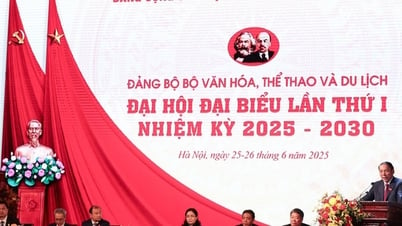



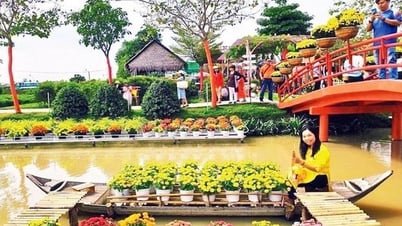
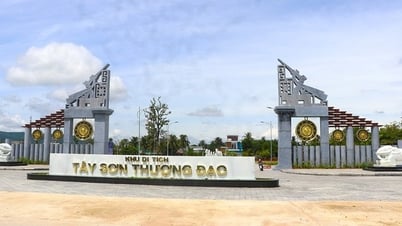
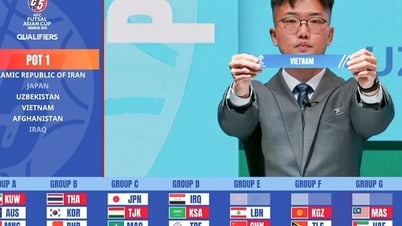

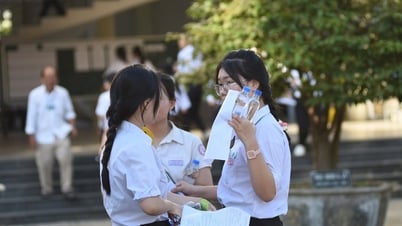

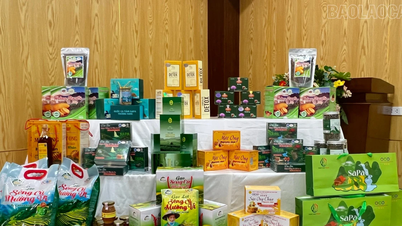

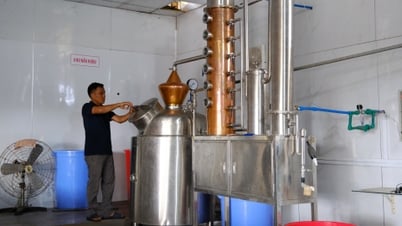

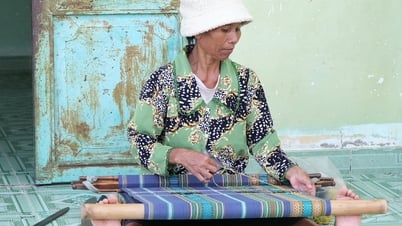
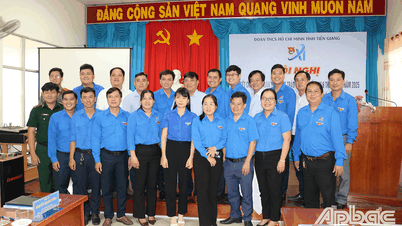

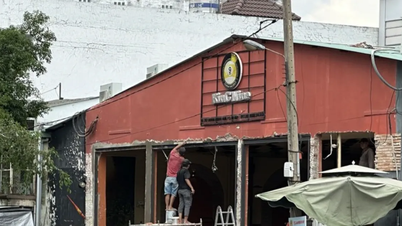







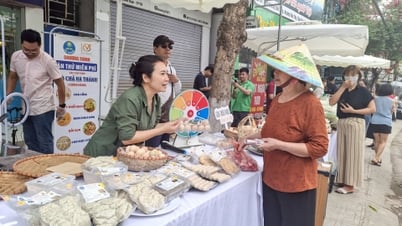





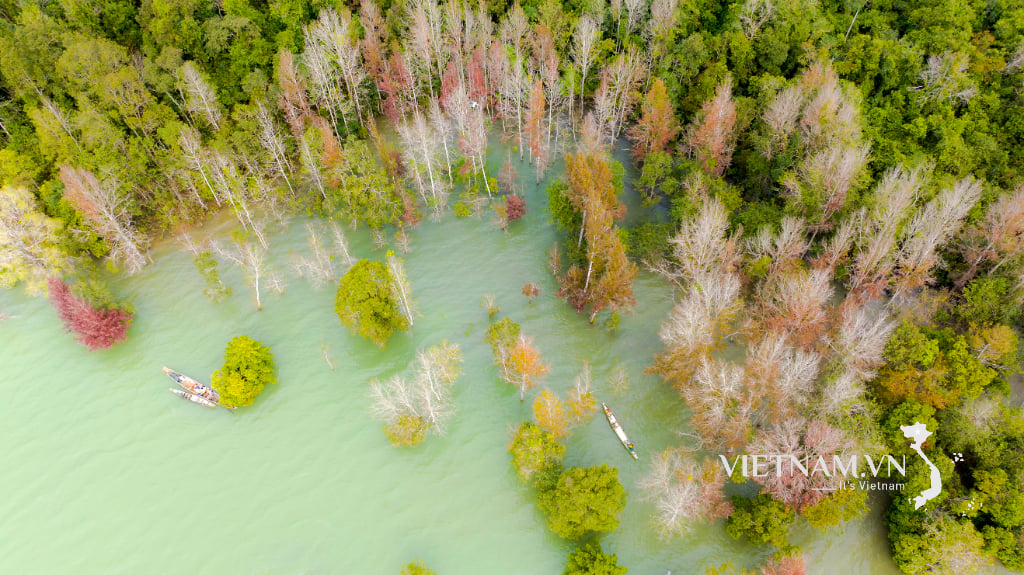

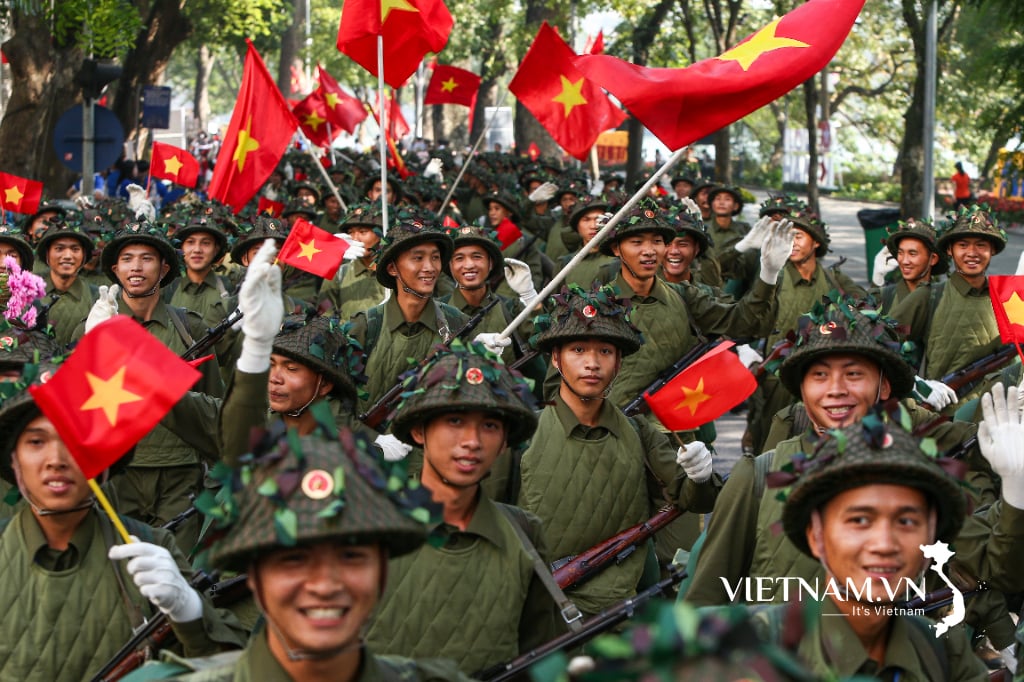
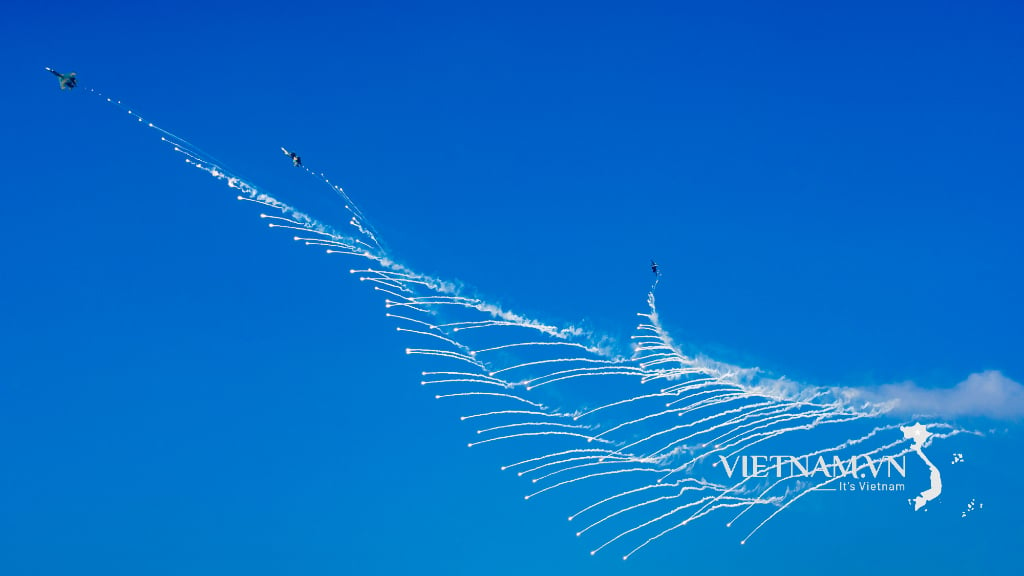
Comment (0)